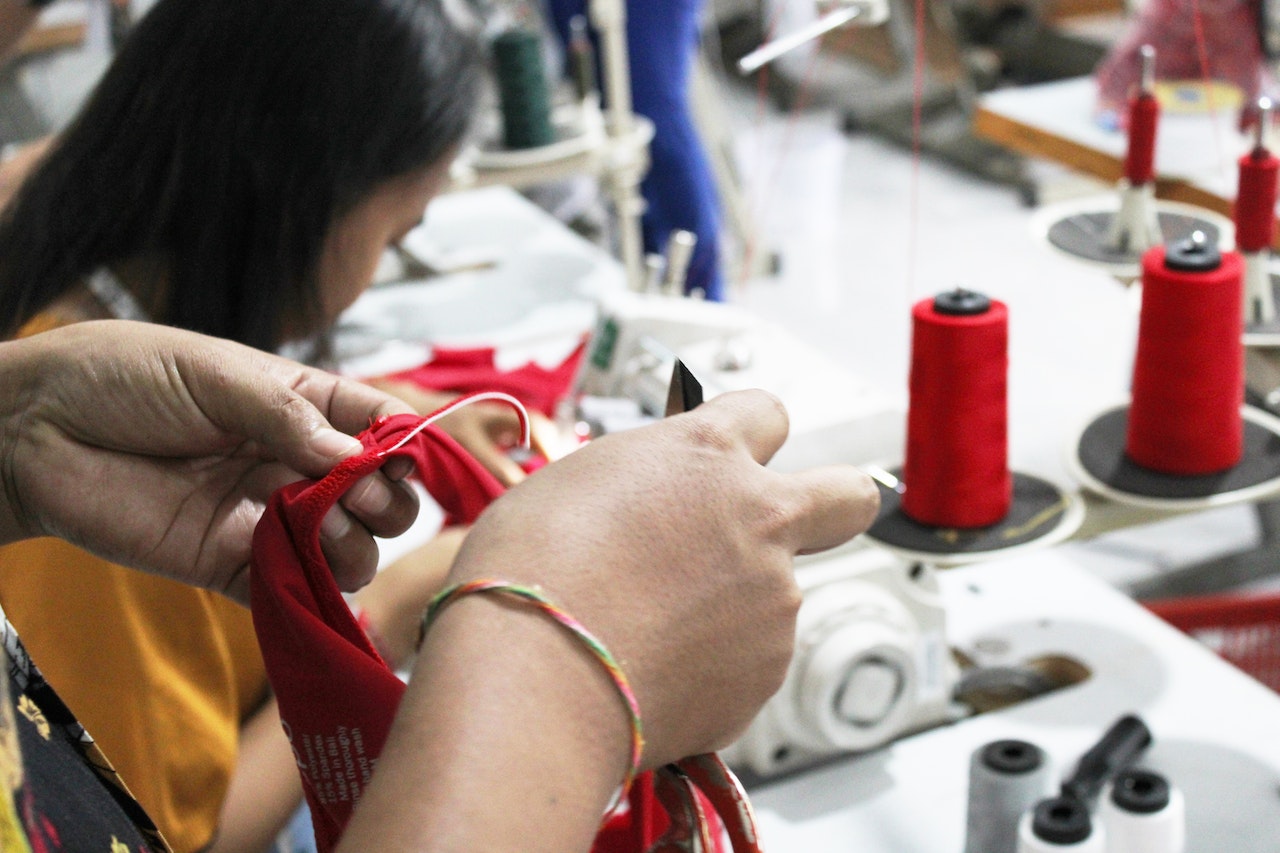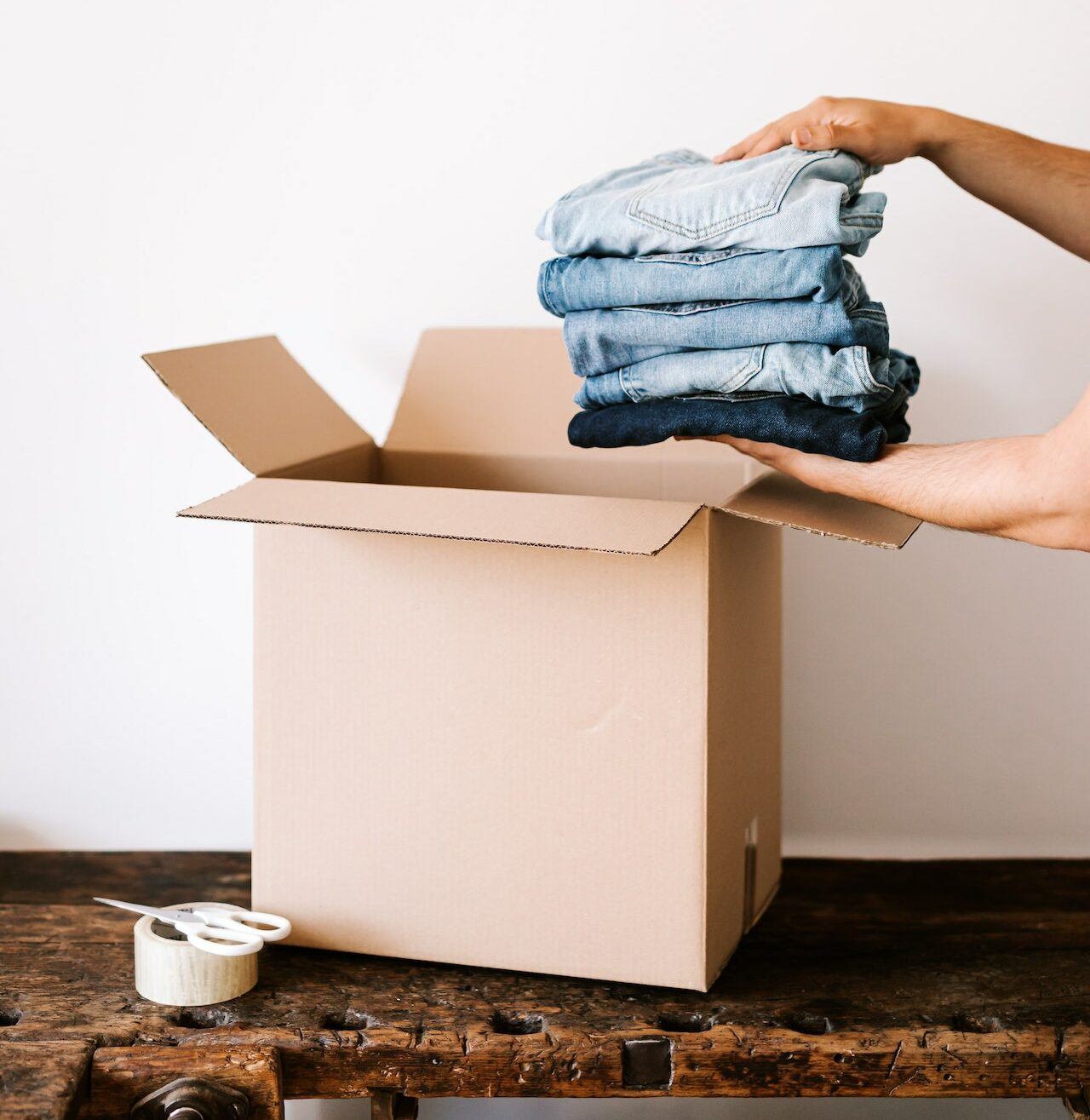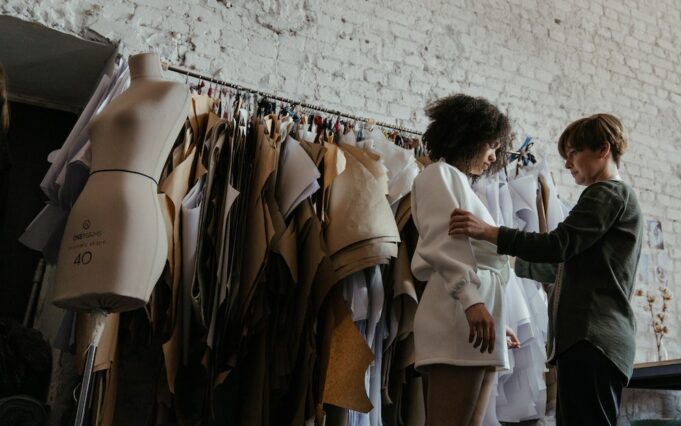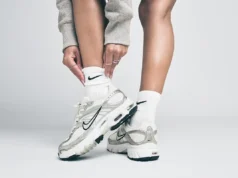Fast fashion is not the right choice if you’re looking for clothing that’s made to last. Let’s explore why designer fashion is better every time.
When I was younger, the term fast fashion may have already existed, but I can’t say for sure. Our understanding of that term and the problems it brings along with it has certainly changed in recent years, though. It’s a term that is often splashed across the front pages of not only lesser-known environmental and fashion publications, both print and online but also across the headlines of major news outlets everywhere in the world.
Fast fashion is now globally understood to mean clothing that is made quickly and cheaply with substandard materials. Fast fashion is also understood to have a truly heinous impact on the planet and on the communities where it is made. Fast fashion companies keep prices down by stealing ideas from individual designers, cutting labour costs and ignoring living wage requirements, and by disposing of harmful waste in a way that further degrades our precious environment.
In contrast, designer and ethical fashion labels create pieces made to last years, if not decades. Their materials are ethically sourced and do not pose a threat to our planet, and they pay working wages to their staff and use high-quality materials in their garments. We, as fashion consumers, have come to understand the impact that our buying power has on the planet, those who create our clothing, and the bottom lines of the companies we choose to buy from. If you shop a designer heels sale from, say, SHEIN, you are directly contributing to environmental collapse and the poverty of their staff. Shopping a sale held by Nine West, you’ll be buying a well-made piece and contributing to a safe and healthy economy.
Let’s keep exploring why designer and ethical fashion brands will trump fast fashion brands every time.
Quality
There’s no question that designer and ethical brands charge far more than fast fashion brands. However, there’s also no question that the phrase “You get what you pay for” applies here. When you pay a small amount for a pile of fast fashion, you’re paying a low price for materials that are probably all synthetic, even if they are recycled. Synthetic fabrics do not allow for as much comfort in wearing as natural fabrics will. The quality of a raw silk or hemp shirt versus the quality of a polyester shirt: the raw silk and hemp win every time. Though the price tag may be higher, you can rest assured knowing that your clothing is wearable for years to come, if not decades, in some cases. Shoes made from genuine leather and stitched by staff who are well-trained in their craft and paid well enough to live comfortably are going to have a whole lot more care, and consideration poured into them. A bargain-bin pair of elastane ballet flats might not even last you the week!
While trends are an important part of the fashion industry, it is fast fashion brands that rely on them most heavily. To get people to overbuy, they constantly release new items and hop straight onto the trend train, not considering if the item they are selling will be wearable after that trend has passed. While designer and ethical brands consider trends, they are able to create garments that lean towards classic styles that will last when trends have come and gone.

Environmental concerns
With documentaries such as The True Cost giving us an inside look into the manufacturing practices of many companies that we all once considered reliable, we should definitely be questioning the environmental consequences that our fashion choices promote. A fast fashion brand is chiefly concerned with profits over all else. While it’s true that businesses exist to make a profit, they should not be doing so at the cost of our only planet. Cheap, synthetic materials used by these careless fast fashion brands exact a heavy toll on our environment, as does the dumping of synthetic clothing when it is no longer useful, and the incorrect disposal of the waste left after these products are created. Designer and ethical brands take the time to consider the impact that they are having on the earth. The materials that designer and ethical brands use (for the most part) will not harm the earth after their clothing has run its course. They apply far more considered and healthy manufacturing and disposal processes than fast fashion brands and often make space in their profits to donate to organisations that help rehabilitate the environment.

Caring for staff
In the same way that The True Cost exposed the lack of concern that fast fashion has for the planet, it exposed the lack of concern that these companies display for their staff. Companies such as SHEIN have been revealed to employ children, pay around a quarter of a living wage in some cases and force their staff to work unbelievably (and illegally) long hours in hazardous conditions. These practices are NOT acceptable, and no one should buy clothing that funds them. Designer brands ensure safe working spaces, fair compensation, and reasonable working hours for their staff.
Wrap up
Take some time to digest these facts, and when you’re next out shopping for clothes, let your wallet do the talking and support brands that deserve your loyalty.
Images via pexels.com













